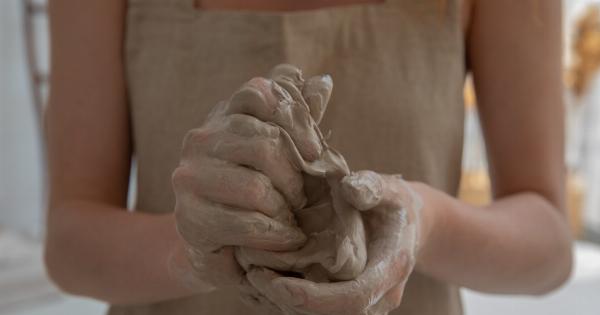Postpartum depression affects around 15% of new mothers. Symptoms include feelings of sadness, anxiety, irritability, and exhaustion. While it’s a common condition, it can be difficult to manage.
Traditional treatments such as therapy and medication are highly effective but can be costly and time-consuming.
However, research has shown that certain lifestyle factors can significantly reduce the risk of postpartum depression and even lessen the severity of symptoms in those who do experience it.
One of the most effective of these factors is the incorporation of pleasant experiences into daily life.
What is the Pleasant Life?
The idea of the pleasant life comes from positive psychology, which is the scientific study of happiness and how to cultivate it. The pleasant life refers to the pursuit of pleasurable experiences and sensations in daily life.
The theory is that by intentionally seeking out and enjoying positive experiences, we can increase our overall happiness and wellbeing.
This approach can be particularly beneficial for new mothers who are struggling with postpartum depression. The demands of motherhood can be overwhelming, and it’s easy to get caught up in the negative aspects of the experience.
Intentionally seeking out pleasant experiences can help shift the focus to more positive aspects, leading to an overall improvement in mood.
The Science of Pleasant Experiences
Research has shown that the pursuit of pleasurable experiences can have significant benefits for mental health.
For example, a study published in the Journal of Happiness Studies found that engaging in pleasant activities was associated with increased happiness and decreased symptoms of depression and anxiety.
Another study published in the Journal of Positive Psychology found that people who engaged in more pleasurable activities had higher levels of wellbeing and reported fewer negative emotions.
These findings suggest that incorporating pleasant experiences into daily life can have a profound impact on mental health, both in terms of preventing and managing postpartum depression.
Pleasant Activities for New Mothers
So what kinds of pleasant activities should new mothers engage in? The possibilities are endless, but here are a few ideas:.
- Take a relaxing bath
- Get a massage
- Read a book for pleasure
- Watch a movie or TV show
- Listen to music
- Take a walk in nature
- Have a cup of tea or coffee
- Try a new hobby or craft
- Connect with a friend
The key is to intentionally seek out activities that bring a sense of pleasure or enjoyment. It’s also important to prioritize these activities and make time for them on a regular basis.
They can be simple and low-cost, but the impact on mental health can be significant.
The Role of Gratitude
In addition to engaging in pleasurable activities, practicing gratitude can also be beneficial for new mothers. Gratitude involves intentionally focusing on the positive aspects of life and expressing appreciation for them.
Research has shown that practicing gratitude can increase happiness and wellbeing, improve sleep, and reduce symptoms of depression and anxiety.
This is because it helps to shift the focus away from negative thoughts and feelings and towards more positive ones.
New mothers can practice gratitude in many ways, such as keeping a gratitude journal, thanking a partner or family member for their support, or simply reflecting on the things they are grateful for.
By intentionally focusing on the positive, they can cultivate a sense of joy and contentment, even in the midst of the challenges of motherhood.
In Conclusion
Postpartum depression is a common and challenging condition for new mothers. While traditional treatments can be highly effective, incorporating pleasant experiences and practices such as gratitude can also be beneficial.
By intentionally seeking out and enjoying pleasurable activities, new mothers can shift their focus towards more positive aspects of their lives, leading to an overall improvement in mood and wellbeing.
Additionally, practicing gratitude can help cultivate a sense of joy and contentment, even in the face of the many challenges of motherhood.




























